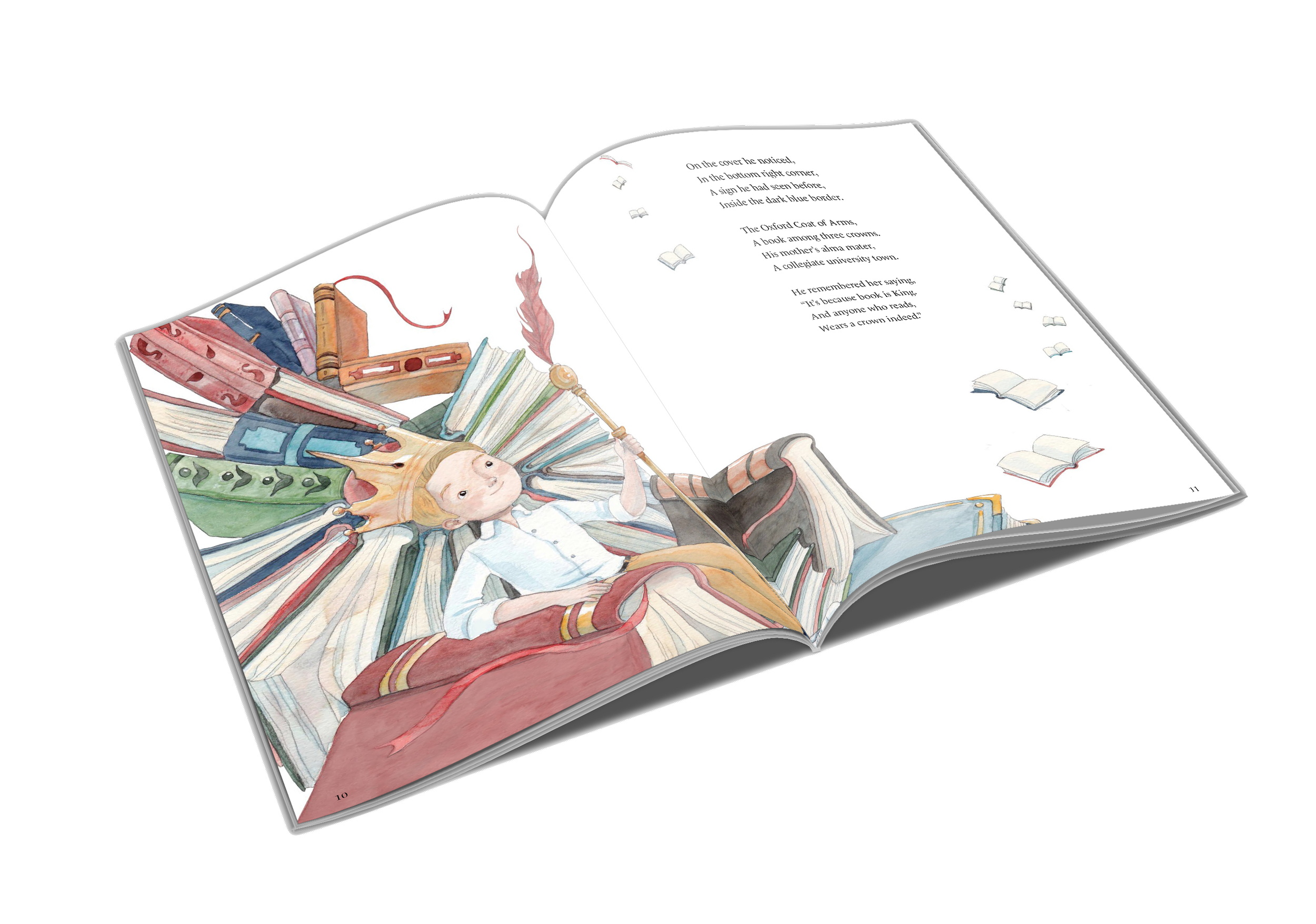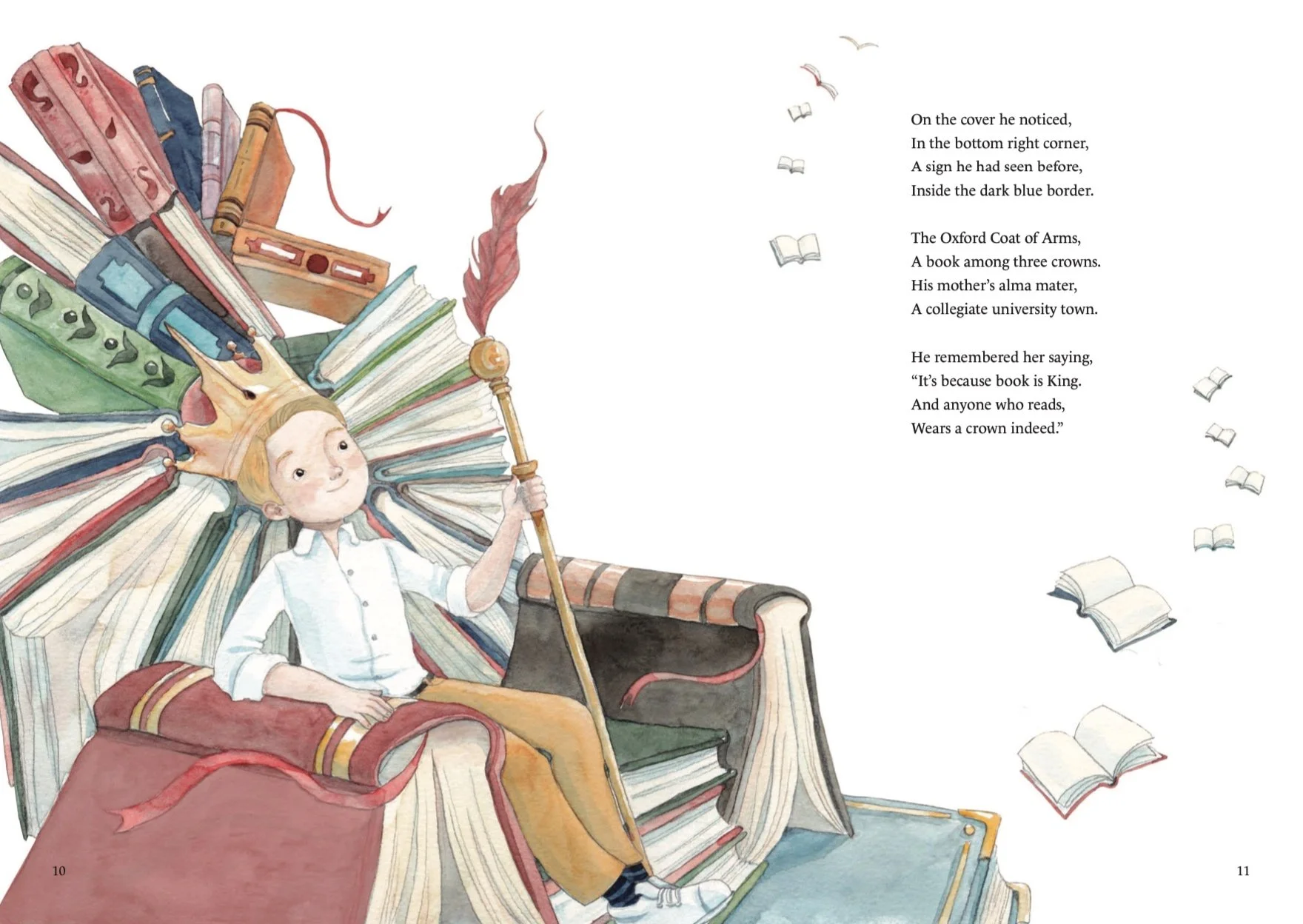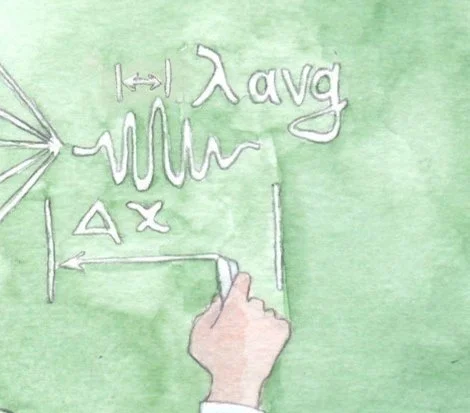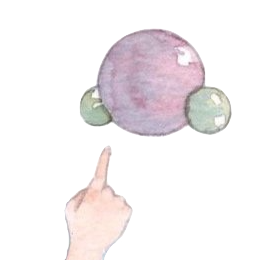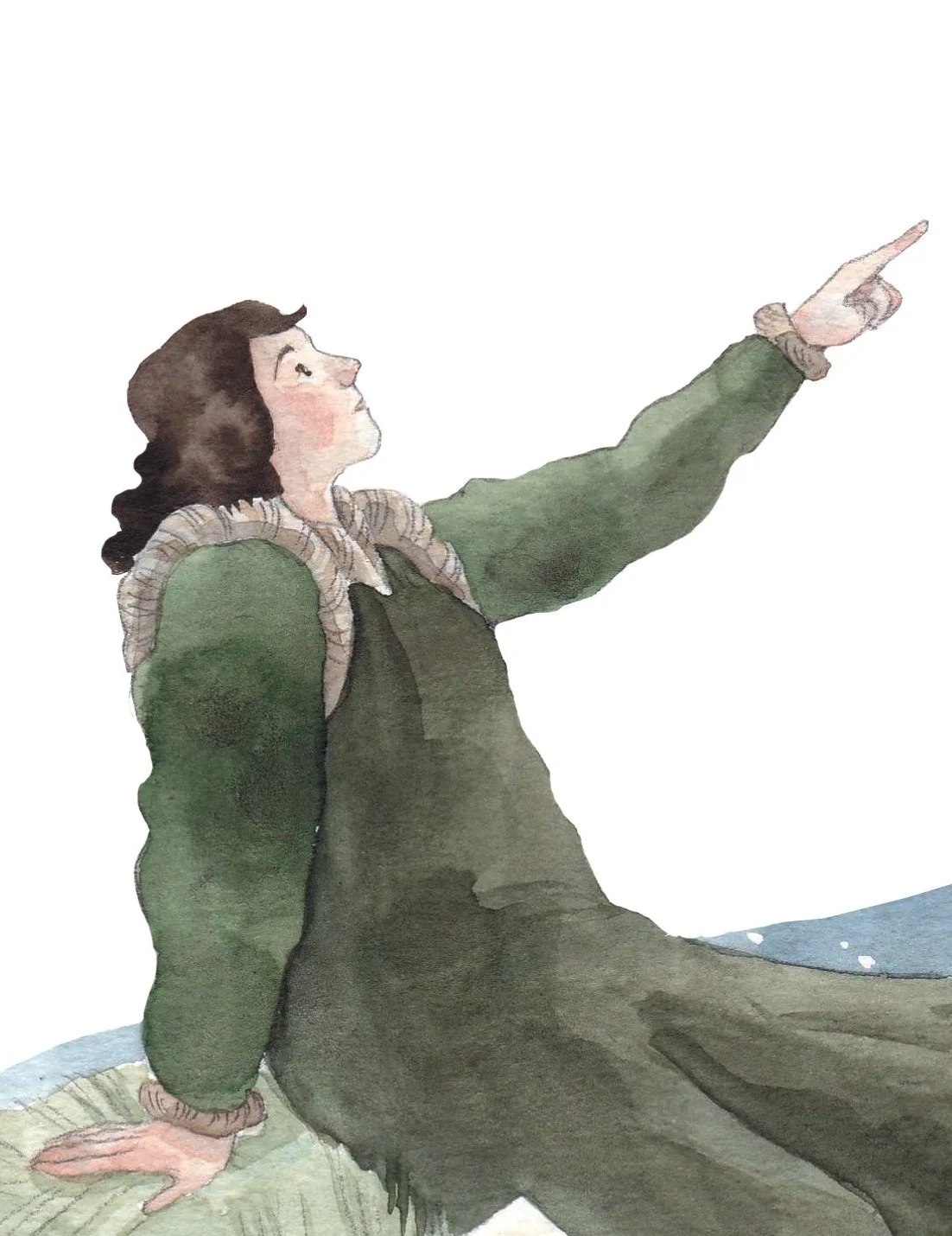Albert Goes to Oxford
Around the World of Knowledge
Around the World of Knowledge is the first book of the series Albert Goes to Oxford. The book starts at Oxford University and travels around the world presenting how ten major discoveries have shaped today’s world. We have selected 10 major scientific discoveries that have contributed to the development of the body of knowledge today, building one on to the other, demonstrating how we can all participate in shaping the world.
Look inside the book
Selecting the 10 discoveries
We selected for the book what we consider ten of the most important discoveries that have shaped today’s world, documenting the process as a journey of knowledge leading up to our time. Some of the discoveries include the Pythagorean theorem, the solar system, the Newton’s laws of motion, and Einstein’s theory of relativity. Of course more discoveries, and very important ones, have occurred in more countries and by more individuals and organisations. Our list is only a start.
If you find yourself thinking another discovery should have been added to the book, you can take this opportunity and discuss this as a family.
Learning is an ongoing process, and every moment that leaves us wanting to learn more is a joy to be celebrated.
Scientists in the story
With each discovery the place, and often the person, is mentioned, making the story a personal journey discussing with some of the world’s greatest minds around the world and throughout time.
Connecting the discovery with the place, the person (or the people), together with a simple explanation of what it is and why it matters, helps create the feeling that science and knowledge altogether is something attainable, within our reach, and keeps moving forward.
In our book, among others, we portray the discoveries of Nicolas Copernicus, Isaac Newton, Albert Einstein, and Edwin Hubble.
Our book principles
In creating the book we considered a number of criteria that defined the foundation of its development. These principles span different sectors from reading level, content, delivery, and geographies all the way to interacting with the story inside the home and outside in adventure activities.
If you would like to take a closer look at the way we think, you can read more in our book principles section.
What the book aims to teach
-
Exploring new books, reading again beloved stories, flipping through pages, wandering in words people wrote and in worlds they created, contemplating information and opinions. We aim to show that reading and learning can be a joyful activity to pursue in our daily life.
-
Through the narrative we introduce a skill for lifetime, developed with the story, the actions and decisions of the main character. In our first book the skill is lifelong learning, where “learning is a journey, not a destination”.
-
Books take us through their pages to new worlds, stories, they introduce us to new facts and information. With our book we aim to show books for the wonder they are: books are brought to life, making them lively, flying, fun; pure joy.
-
Knowledge is not static - it is built on previous groundwork and becomes the foundation for future discoveries. We, too, should explore knowledge and learning as a journey where we start and continue our path in various directions, continually learning what interests us the most.
-
We build confidence in children by making the advanced world of knowledge, books and science relatable to them from a young age, therefore inspiring a new generation to learn, think and aspire to make their dreams a reality.
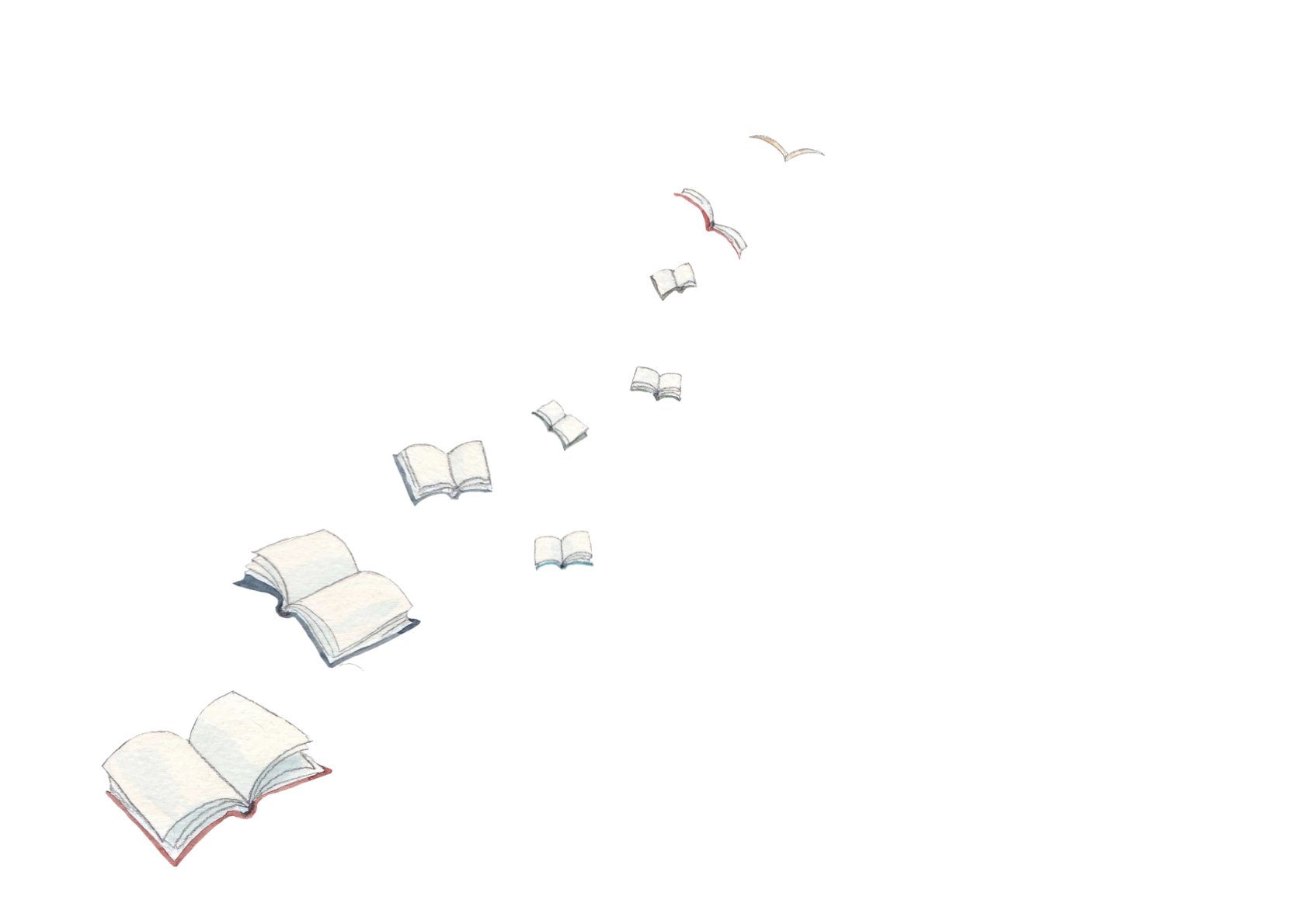
Behind the book sections
We have developed more sections about the character development of the main protagonists, the science behind the illustrations, as well as how the first book fits in the overall series. Don’t forget to read how our piano piece was developed.
Some of our favourite activities include writing math in the sand at the beach, understanding Newton’s laws of motion with a ball, and listening to Good Morning! in many languages you haven’t heard before!


